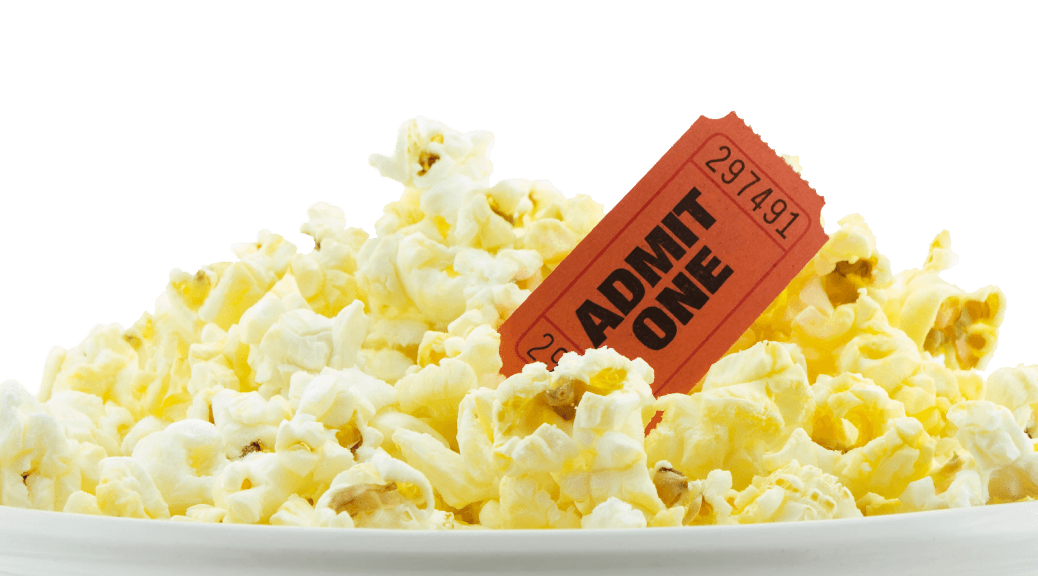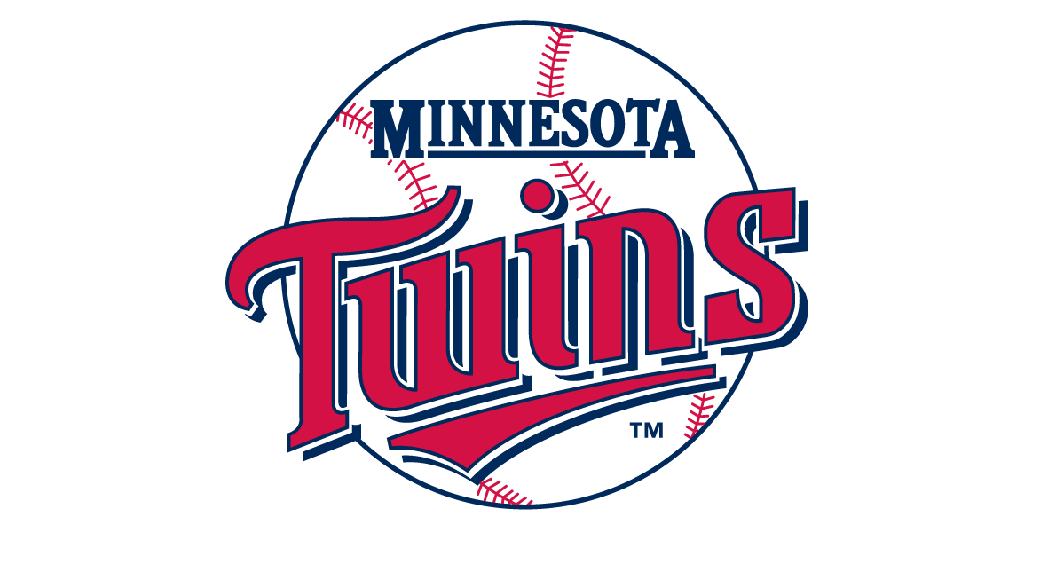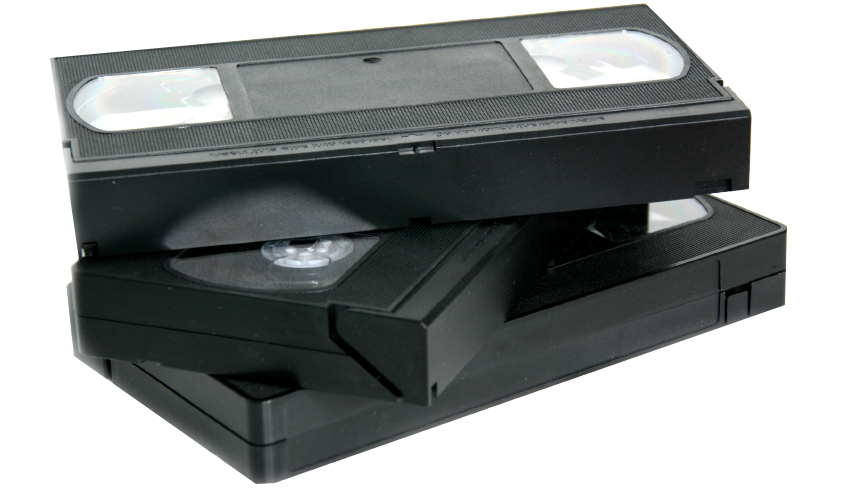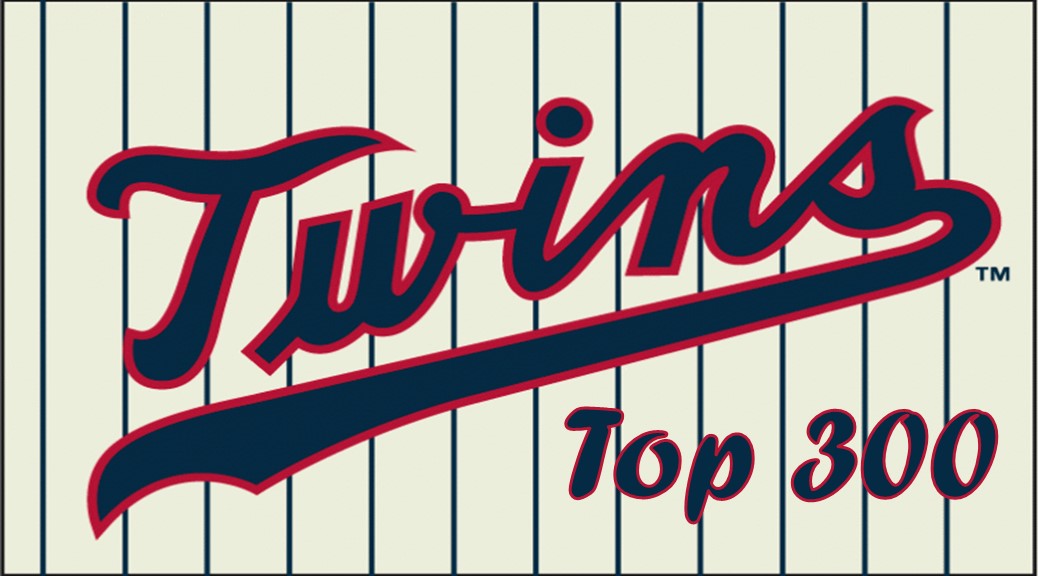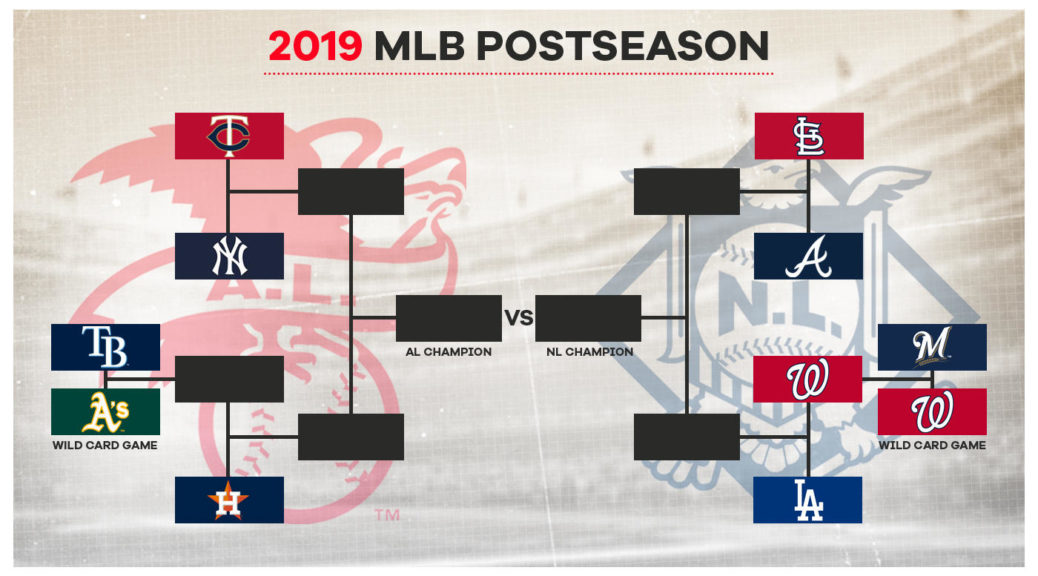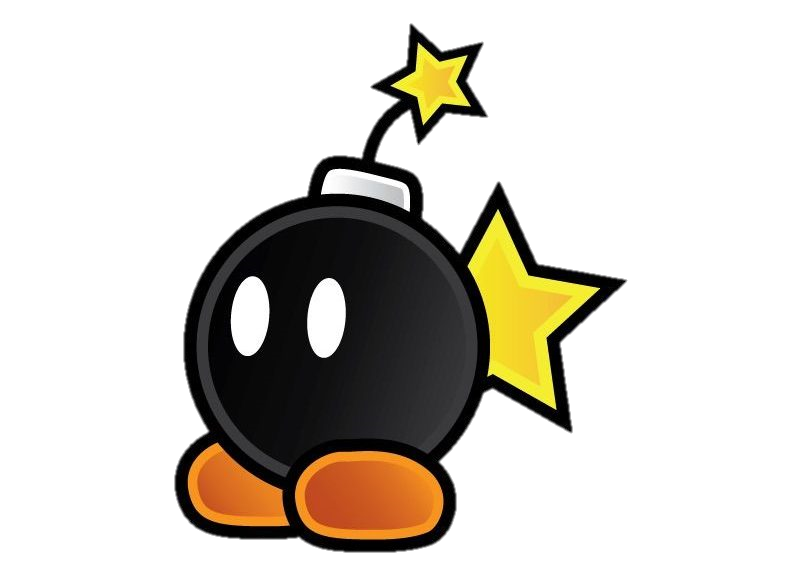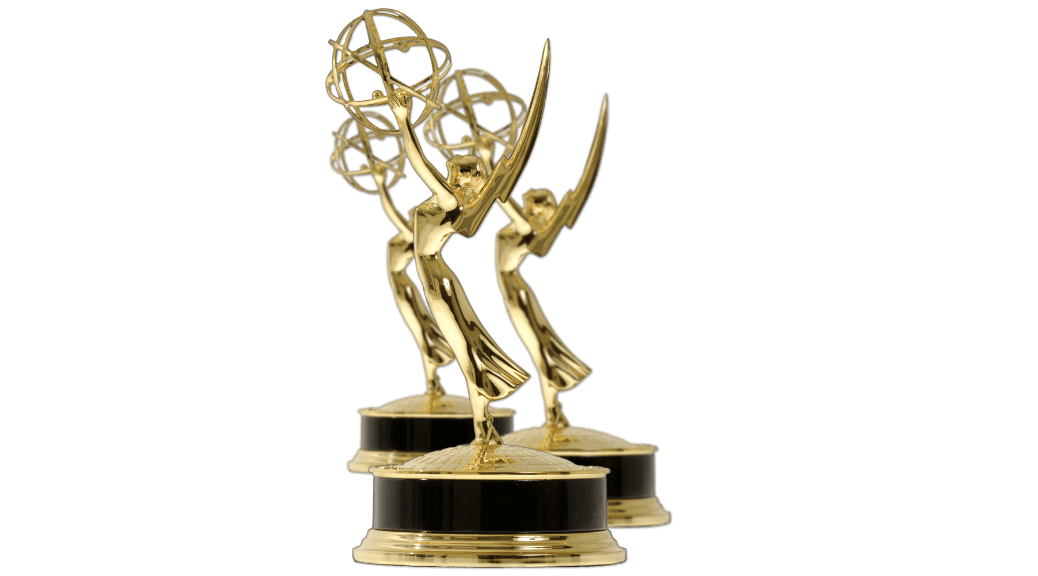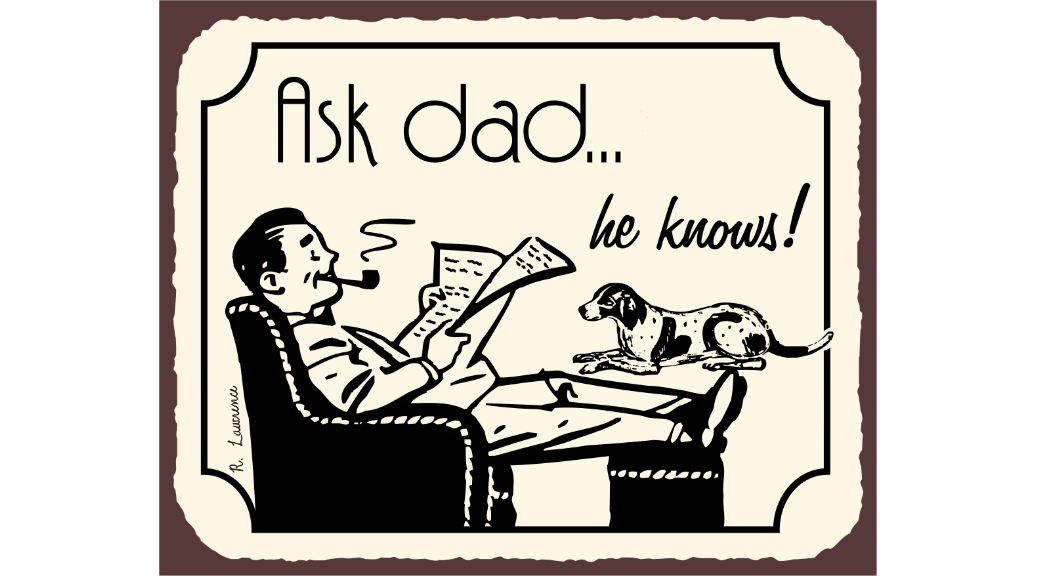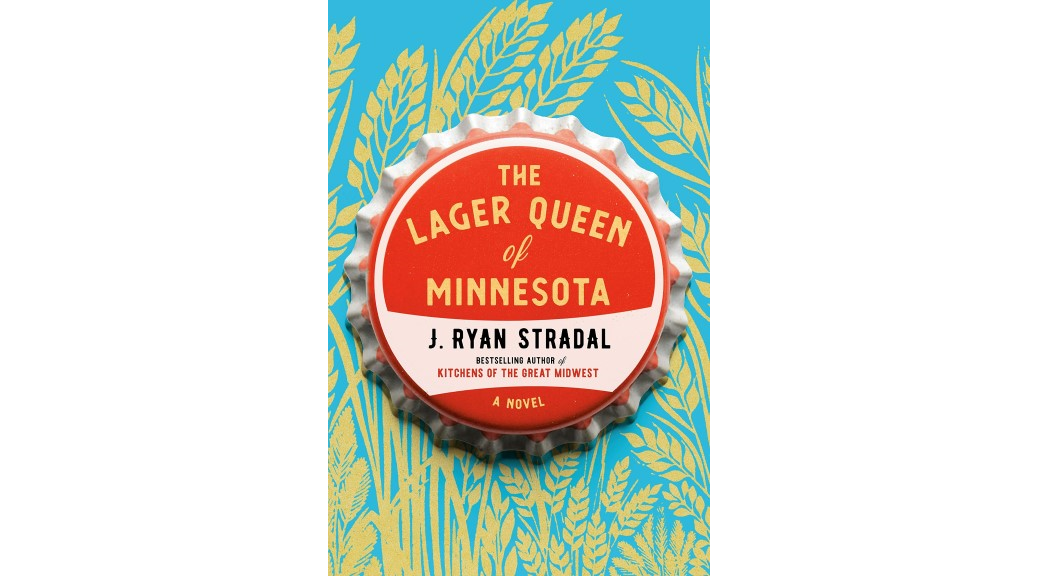Oscar season, that is! Probably going to be a few tearjerkers released soon. Plus I hear there's a new Star Trek movie coming out or something...
Tag Archives: WGOM featured
Minnesota Twins 2010s All-Decade Team
Inspired by The Athletic's all-decade teams for all of baseball, let's see what the Citizens here think of it. Here is Gleeman's article about his all-decade Twins team. I have reproduced it below in spoilered form for reference. Bonus discussion if you post the least-favorite or Bizzaro World team
Here's a template for you to use:
Catcher:
First base:
Second base:
Third base:
Shortstop:
Left field:
Center field:
Right field:
Designated Hitter:
Starter 1:
Starter 2:
Starter 3:
Starter 4:
Starter 5:
Closer:
Bullpen:
Bullpen:
Bullpen:
Bullpen:
Bullpen:
At The Movies: Infinite Content
As I'm sure many of you know, our kids certainly have the advantage when it comes to choices of media consumption. Back in my day, we had a VCR, but content was limited to whatever tapes we had in the house. The boy can watch something new he's never seen every hour of day while I watched Beetlejuice to the point that I could quote every line in the movie with perfect inflection and timing.
What movies/TV shows did you watch to a brain burning amount only because there was nothing else to watch?
MINNESOTA TWINS TOP 300 TWINS OF ALL TIME: ONE MAN’S OPINION THROUGH 2019 SEASON
It is year 8 of putting my pet project on the WGOM site, SBG put it on his old site a few years before that. For the first time ever on this site, I am updating with a new CENTRAL DIVISION CHAMP! A 101 win team means a lot of individual success and this year saw 11 new faces join the top300, by far the most I've ever added since I started making this list in 2005. This year's newcomers are Nelson Cruz, Jake Odorizzi, Luis Arraez, Ehire Adrianza, Michael Pineda, Marwin Gonzalez, CJ Cron, Trevor May, Jonathan Schoop, Tyler Duffey, and Martin Perez.
Cruz jumped all the way into the top100 at #91 based on his only year as a Twin (Currently the #2 best 1 year Twin on my list behind only Jack Morris). Joining him in the top100 are Eddie Rosario (up 16 spots to #60), Miguel Sano (up 31 spots right behind Eddie at #61), Jorge Polanco (up 83 spots to #65), Max Kepler (up 87 spots to #76), Kyle Gibson (up 5 spots to #81), Jose Berrios (up 49 spots to #83), and Byron Buxton (up 26 spots to #93).
Odorizzi wasn't a first year Twin but he jumped from non-ranked to #134 in his 2nd year as a Twin. He's joined in the 101-200 range by Taylor Rogers (up 123 spots to #115), Mitch Garver (up 139 spots to #130), rookie Luis Arraez (#192), and Jake Cave (up 84 spots to #196).
Newcomers in the 201-300 range include Adrianza (205), Pineda (218), Gonzalez (220), Cron (221), May (263), Schoop (272), Duffey (286), and Perez (292). Jason Castro also moved up 49 spots to #201.
Falling out of the top300 this year are Dave Edwards, Jim Nettles, Matt Garza, Joe Bonikowski, Freddie Toliver, Mark Portugal, Wayne Granger, Brian Buchanan, Willie Norwood, Pat Mahomes, and Chad Allen.
I stole the idea from when Aaron Gleeman started his top40 list over a decade ago, but just decided to expand to a nice big round 300. The below quote is his, and the rest is an excerpt from a book I put together at the 50 year mark. I’ve updated the list and stats through 2019.
“The rankings only include time spent playing for the Minnesota Twins. In other words, David Ortiz doesn’t get credit for turning into one of the best players in baseball after joining the Red Sox and Paul Molitor doesn’t get credit for being one of the best players in baseball for the Brewers and Blue Jays. The Twins began playing on April 11, 1961, and that’s when these rankings start as well.”
I used a variety of factors, including longevity and peak value. Longevity included how many years the player was a Twin as well as how many plate appearances or innings pitched that player had in those years. For peak value, I looked at their stats, honors, and awards in their best seasons, as well as how they compared to their teammates. Did they lead their team in OPS or home runs or ERA for starters or WPA? If so, that got some bonus points. I factored in postseason heroics, awards (gold gloves, silver sluggers, MVPs, Cy Youngs), statistical achievements (batting titles, home run leaders, ERA champs, etc), and honors (all star appearances), and I looked at team success as well. If you were the #1 starter on a division winning champ, that gave you more points than the #1 starter on a cellar dweller. I looked at some of the advanced stats like WPA, WAR (as calculated by fan graphs and baseball-reference.com), WARP (as calculated by Baseball Prospectus), and Win Shares (as calculated by Bill James). For hitters, I also looked at OPS and the old school triple crown statistics like batting average, home runs, stolen bases, and RBI (and not only where you finished within the AL in any given year, but where you appear on the top25 lists amongst all Twins in the last 59 years). For pitchers I looked at strikeouts, innings pitched, win/loss percentage, ERA as well as ERA+). If there was a metric that was used for all 58 years of Twins history, I tried to incorporate it. I tended to give more credit to guys who were starters instead of part time/platoon players, more credit to position players over pitchers (just slightly, but probably unfairly) and starters over relievers (and closers over middle relievers). There’s no formula to my magic, just looking at a lot of factors and in the end going with the gut in all tie-breakers. Up in the top10 I’m looking at All star appearances, Cy Young and MVP votes, batting average or ERA titles or top10 finishes, etc, and placement in the top25 hitting and pitching lists in Twins history as well. In the middle 100s, it’s more about who started a few more years or had 2 good seasons rather than 1 with possibly an occasional all-star berth or top10 finish in SB or strikeouts. Once you’re in the latter half of the 200s there are none of those on anyone’s resume, so its basically just looking at peak season in OPS+ or ERA+, WAR, Win Shares, and who started the most years, had the most at bats, or pitched the most innings. What the player did as a coach, manager, or broadcaster is not taken into consideration for this list, so Billy Martin, Tom Kelly or Billy Gardner weren’t able to make the top 300 since they were poor players and Frank Quilici and Paul Molitor didn’t improve his status due to his managing career.
Feel free to pick it apart and decide in your opinion, who was slighted, and who's overrated. I've updated with Garver and Cruz's silver sluggers and MVP votes for Cruz, Polanco, Rosario, and Kepler
Continue reading MINNESOTA TWINS TOP 300 TWINS OF ALL TIME: ONE MAN’S OPINION THROUGH 2019 SEASON
2019 MLB Postseason Predictions
Another season, another postseason prediction contest, but two days late. Spoiler your predictions below. They are due by first pitch of today's game. Add the number of games to win the series for a possible bonus.
ALWC: TBR at OAK
NLWC: WSH
ALDS: MIN at NYY
ALDS: TBR/OAK at HOU
NLDS: STL at ATL
NLDS: WSH at LAD
ALCS:
NLCS:
World Series:
Bob-omb!
I figured I should write at least something on my obsession with the Twins home run record chase, but before I do, I would like to point out that the Twins staff has only allowed 195 homers this year. That's second in the AL behind Tampa, who just allowed one to the Yanks in two games. In fact, let's look at the AL playoff teams (as of Wednesday):
Rays: 177
Twins: 195
A's: 200
Indians: 200
Astros: 226
Yankees: 244
So the Yankees have barely scored more than the Twins, give up way more homers, and have a worse ERA+. So why have the Yankees been better? The Yankees have given up 45 unearned runs. The Twins, 74. Eeeg. If the Twins lose in the playoffs because of their atrocious defense...
Anyway, back to bombas.
The Twins are up two homers with three games to go. Neither team is really playing for anything. For the Yankees to get home field, they'd have to sweep while the Astros get swept. Not likely. So it's reasonable to think both teams will be resting players. The Twins will be matching up Astudillo and Miller and Torreyes with the likes of Romine and Estrada and Wade. And, honestly, probably Giancarlo Stanton, who needs some reps before the playoffs. The Twins will likely play Schoop a lot, who if he can do anything it's hit bombs in low-pressure situations.
The Yanks are playing the Rangers, who have given up 17 more homers than the Royals. The Rangers also play in a more homer friendly park.
Let's look at projected starters and their HR/9:
Rangers: Palumbo (2.6), TBD (?), Lynn (0.9)
Royals: Skoglund (1.5), Sparkman (2.1), Lopez (1.8)
I think I've finally come to the point where I'll be okay if the Twins don't get this record. Clinching the division has helped for sure. Though no promises if the Twins are leading by three homers on Sunday and the Yankees hit four.
Every time I've bitched to nibbish about the Yankees hitting homers, he has replied with "Don't worry, they've got this."
Om.
Fourth Monday Movie Day: 2019 Emmy Award Winners
Parentgood: Golden
Today is Aquinas's golden birthday. He's 10. As cliche as it is, I still cannot believe how fast the time has flown by.
Aquinas is the person who brings me closest to understanding the mind of God. I suppose that's what parenthood is, really. Their joy is your joy, their pain your pain. You want for them so much more than you want for yourself. You both see the person they could be and love the person they are. It has been a decade, and the effect this kid has on me continues to grow.
I've documented on the site some of our hard times - his struggles to fit in with kids who aren't much like him, how a small town makes those problems seem bigger, some bullying, etc. I want so very much to take away all of the pain and hardship he faces, or be able to gift him the tools to expertly overcome those problems. But I can't do that. So instead I wanted to take a chance to document just a few good developments too, because there are so many of them, and they feel like they're very much parenting related.
Aquinas was born in D.C., and as his birthday gift Philosofette and I flew out there with him for a trip over Labor Day Weekend. It simply could not have been more perfect. The museums were a tremendous hit. We saw a play at the Kennedy Center. We hung out on the Mall at night ("This is exactly what I pictured!" he exclaimed). He met old friends of ours and their kids, and saw our beautiful old neighborhood. And most important, especially coming from a small town, he was able to broaden his perspective on the world. We know how important this is for him - especially for him, as opposed to some of his other siblings, given his experiences and personality - and being able to deliver... it feels like a real accomplishment.
Aquinas seems to have some genuine creative ability. It's a big reason why we've enrolled him in piano lessons (finally). He's somewhat hesitant towards the lessons themselves, but just in the past couple months he has started tinkering around on his own, and I think it's really growing on him. The idea that we were able to nudge him into something he could be very good at - and enjoy - is incredibly rewarding. Always the balance between pushing too hard and not pushing enough. This feels like an area - at least for now - where we're succeeding in helping him to be the person he could be.
We started Lego League recently. Basically, you build a robot out of legos, and program it to complete tasks. I specifically started this league because our community members need something other than sports, and because Aquinas specifically is one of those community members. This is one of those parenting areas where I'm modelling my Dad. He was my baseball coach, and I remember him staying up late at night after work to watch videos about how to coach, and what drills to run, and things like that. I learned a ton listening to him discuss coaching philosophy, not just about coaching or baseball, but I learned about priorities. What was important wasn't winning or losing. That probably wasn't even secondary. And so when the Lego League opportunity popped up, I jumped. Aquinas can learn those things too, I hope. And hopefully find some other kids, and an activity, that he enjoys in the process.
Anyway... I'm kind of rambling, I realize. This isn't a well-thought out post with a point, other than that it seemed like a good time to share. He's our oldest - our golden child - and it's his golden birthday. What better time to celebrate?
My wish for Aquinas is to be the best person he can be, with all the success, happiness, and virtue that come from so being.
First Monday-ish Book Day – Good Intentions
I didn't feel like hassling our normal stable of Book Day authors, so here's a halfassed post:
I put this book on hold at the library after hearing an interview with the author while in traffic. Sounded interesting to me. My turn came, I picked it up, placed it on the table, racked up about $3 in late fines (and we have low per day rates), and then brought it back unread because that's just kinda what I do.
Anything you managed to crack the cover on?
Third Monday Movie Day – 2019 Emmy Nominations
Here are the nominees for next month's awards. What else are you watching?
Continue reading Third Monday Movie Day – 2019 Emmy Nominations

